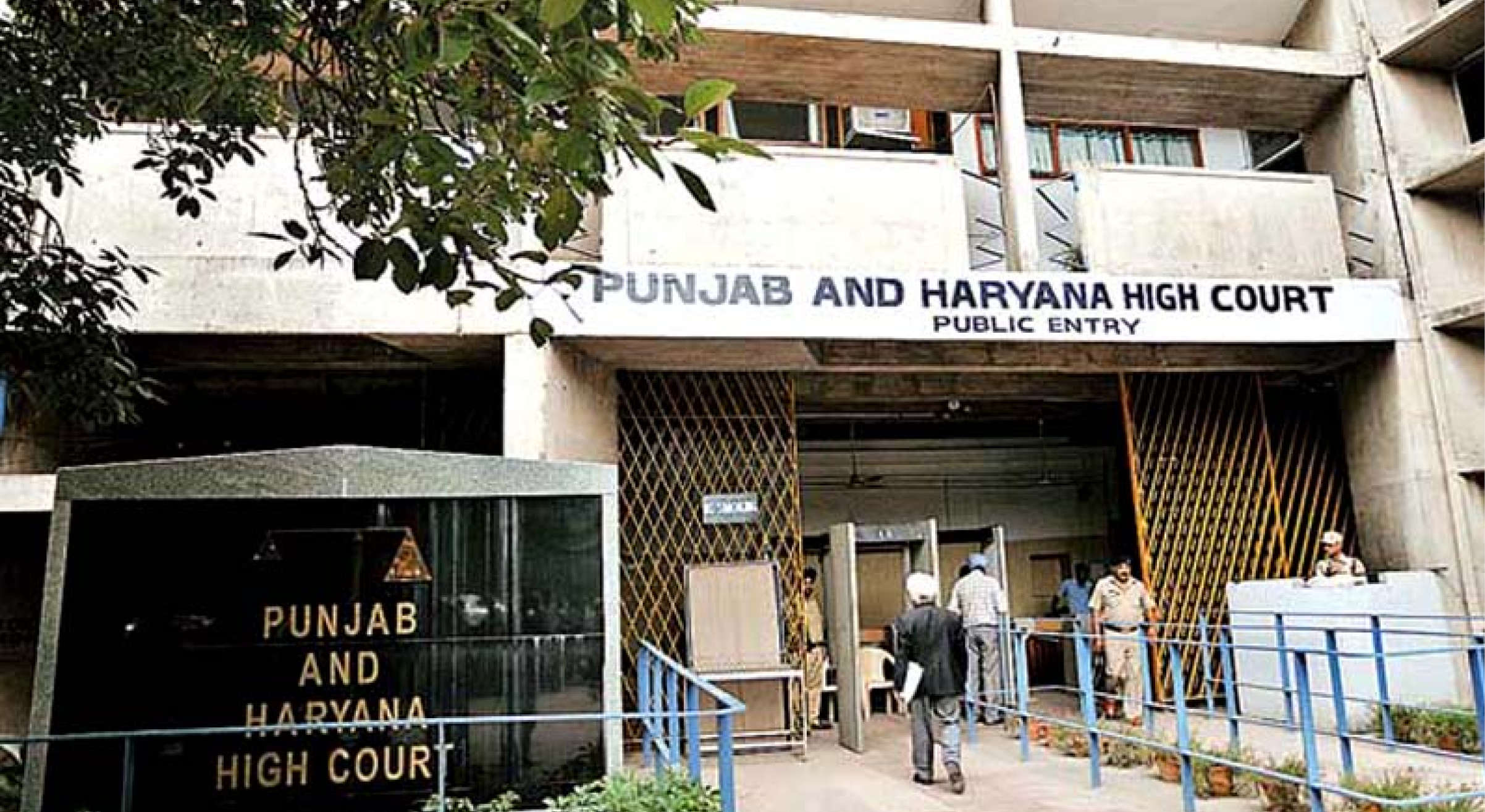
The Punjab And Haryana High Court in the case observed where the deceased government employee’s son continued to occupy his father’s government accommodation for the period of 17 years on the strength of an interim order passed by the Punjab and Haryana High Court back in 2006, thus, the court asked the son to compensate the State government in lieu of penal rent.
The court in the case observed that the son was though appointed as a clerk on compassionate basis and was being entitled to government accommodation himself, the same would be of the different category than the house he was occupying.
The court in the case stated that the said fact was not brought to its notice when the case was initiated.
The bench headed by Justice Sanjeev Prakash Sharma in the observed while keeping in view the principle of Actus Curiae Neminem Gravabit, i.e., no one should be made to suffer on account of the orders of the Court which has to be taken into consideration and while the said Court finds that the petitioner was not required to pay penal rent in terms of the interim order passed by the said court which had been made absolute, the Chandigarh Administration Authorities cannot be denied completely the right of them to claim legal dues from the petitioner otherwise unauthorizedly occupying the premises.
However, the court stated that it being pertinent to note that as per the provisions of Rule 13(2) of the Allotment Rules of 1996, the family of the deceased Govt. Employee is being entitled in order to retain the Govt. accommodation for a maximum period of one year.
In the present case, the father of the petitioner died in 2001 while serving as Superintendent Grade-I of Punjab Civil Secretariat. Thus, in 2004, the petitioner secured compassionate appointment in 2004 and the petitioner approached the court in 2005 opposing orders passed by the Chandigarh administration rejecting his claim for out of turn allotment of government accommodation. The court in the case observed and has found that petitioner was entitled for out of turn allotment after he was granted compassionate appointment. Thus, it is at this juncture that the interim order was being passed by the court.
The court while considering the facts and circumstances of the case stated that the petitioner continues to occupy the same government residence which was allotted to his late father till he has vacated it after constructing his own house in the year 2023.
Therefore, while he was being appointed as the clerk, thus, he was occupying the house which is meant for the Superintendent which is of a much higher level and was unauthorized as per the stated Rules.